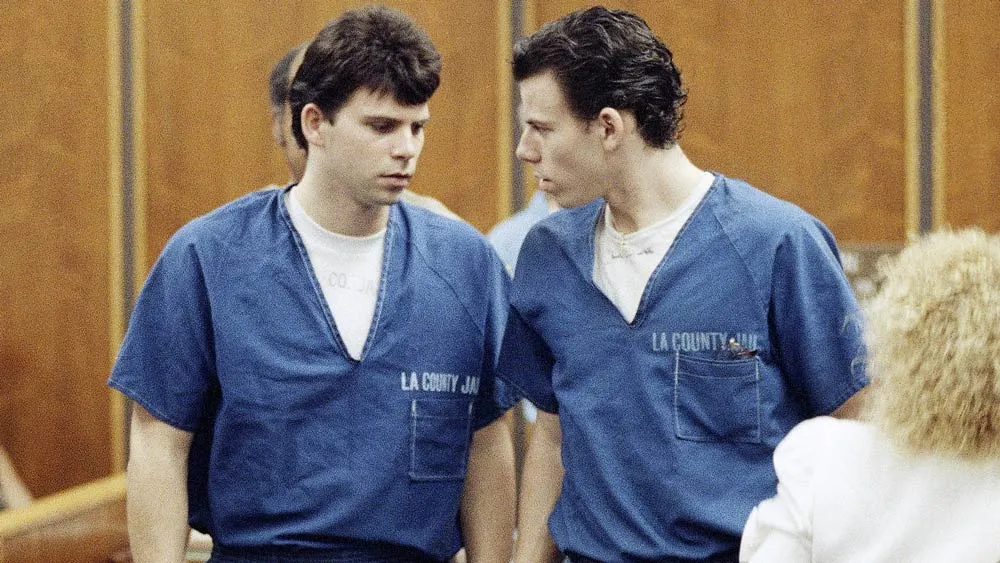August 7, 2012
S. African Olympian Comes Out, Fights Against Homophobia
Jason St. Amand READ TIME: 3 MIN.
An Olympic archer from South Africa announced that she was a lesbian during the London Games. She said she chose to make her sexual identity public in order to become a role model for individuals who struggle with coming out and to fight against homophobia in sports, Reuters reported.
Karen Hultzer, 46, thus becomes the 23rd out-Olympic athlete competing in the 2012 Summer Olympics as counted by Out Sports.
"I hope this gives people some courage. The more we come out and talk about it, the more people should realize that being gay is a non-issue and we can progress," Hultzer, who has been involved with archery for just five years, told Reuters.
Other openly gay and lesbian Olympic athletes include U.S. basketball player Seimone Augustus, Australian superstar diver Matthew Mitcham, U.S. tennis player Lisa Raymond and French handball player Alexandra Lacrabere. Out Sports points out that there are two openly gay coaches as well.
During the 2004 Athens Summer Olympics, only 11 Olympians competed openly. The number actually decreased, to 10, when the games were held in Beijing four years later.
It's notable that all the openly gay athletes this year are from the United States, Europe or Australia, none from Asia; and the only one from Africa is Causcasian. "People are still killed for being gay in the Middle East and Africa," said Cyd Zeigler, co-founder of OutSports. "Sport is still a homophobic corner of virtually every culture. So it is important that we are seen at the Olympics and show solidarity."
Still, London has seems more LGBT-friendly overall, more loosey-goosey. During the Opening Ceremony, Chris Basiurski, a gay man who is the chair of the Gay Football Supporters Network, had the opportunity to carry the Olympic torch. He received cheers and applause from the audience as he kissed his boyfriend while holding the torch, EDGE reported.
Perhaps the gayest moment in these Olympics -- in any Olympics -- was provided by the two best-known gay characters in the world. True, the stars of the infamous British comedy show, "Absolutely Fabulous," a show that has become a touchstone gay culture around the world, were biological women.
But when Joanne Lumley (Patsy) and Dawn French (Edwina) carried the flame through Sloane Square in central London (where else; it gave its name to Diana's pre-princess shopping-obsessed posse "the Sloane's Rangers"), it marked the moment when gay low camp finally pervaded the sanctum sanctorum of the Olympic Committee's oh-so-serious self-importance.
As befits a city where Soho Square is a bar-hopper's paradise, and gay men and lesbians aren't just visible, we're ubiquitous, the London Olympics continued the tradition begun at the Vancouver Winter Olympics of a Pride House, a dedicated temporary location where LGBT athletes and fans can hang out. Pride House will be open and active during the duration of the games.
"Pride House 2012 will celebrate sport for all while bringing together members and friends of the worldwide LGBT community to view live screenings of London 2012 and discuss relevant topics related to LGBT sport," officials from Pride House wrote in a release. "The varied programme will also include live music from local LGBT organisations, exhibits, and video presentations, as well as an associated sports programme, including a Football v Homophobia football tournament."
Oh, bullocks. Pride House provides a not only a "safe space" for gay athletes, their mates and family members to hang out; it's also quickly becoming one of the most popular spots in the London Olympic 'village.
First organized for the Vancouver 2010 Winter Olympics, Pride House was about opening doors -- and closets -- and offering a safe space for athletes and others. It immediately proved to be a great success as a way for LGBT athletes, both in and out of the closet, to be able to let their guards down. In the hyper-competitive world of world-class spot competition, there was no room for the "sissy," the "nelly," the lezzy," the "butch, or any other stereotypes perceived to detract from an Olympian purity (read: idealized perfection).
"My visit to Pride House during the Vancouver 2010 Winter Olympics was a major influence on my public coming out, and the support I received after doing so was overwhelming," Olympic speed skater and Gay Games Ambassador Blake Skjellerup said.
The London Pride House, by contrast, has established itself as one of the very few "in" spots where sports stars of all stripes come to, well, be themselves.


